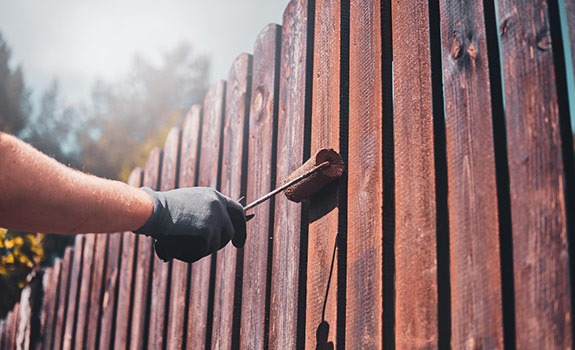Saving money while saving the planet sounds great, right? Fortunately, this win-win situation is no longer a fantasy. And to prove it, here are seven ways to create a greener home (and healthier bank account).

#1 Upgrade your lighting
Roughly 12% of your home’s energy costs are lighting related. To help cut down on your electrical bills, consider installing LED lighting. LEDs use only a quarter of the power of ordinary bulbs and last between 10 and 25 times as long as their incandescent counterparts. While LED’s will cost more upfront, their long-term benefits are substantial.
#2 Fill in the gaps
As window frames age, they shrink and create small gaps around their edges. The result of frame shrinkage is the loss of heated or cooled air (and an additional hike in utility costs). While a full window replacement is the best solution to stop leakage, plugging gaps with weatherproofing will cost less than a total replacement and dramatically impact your home’s comfort (and efficiency).
#3 Add more attic insulation
If your home is short on attic insulation, you could be losing up to a quarter of your home’s heat. While insulation might cost more to install, adding the extra protection will keep your heat indoors (and cut down on energy bills).
#4 Address any leaks
A leaking faucet may seem insignificant, but roughly one in ten homes lose 90 gallons of water per day through leaks and drips. Hiring a plumber to fix your leaks is an excellent investment, especially if you’re charged per unit for water usage.
#5 Cut down water usage
If you’re looking for an additional way to save on water costs, fit your shower with a low-flow showerhead. Low-flow showerheads will reduce your shower usage from five gallons per minute to two — saving both water and heating energy. You can also retrofit your sinks with low-flow faucets to cut down on water usage even more.
#6 Check HVAC and water heater systems
Make sure your heating system is properly serviced and kept in running order – poorly maintained boilers and furnaces are often energy hogs. To decrease energy waste, add insulation to exposed pipes and turn down your water heater at night or when not in use.
#7 Think about solar options
Installing solar panels has become increasingly realistic for the average homeowner. Improvements in battery technology have boosted storage, allowing some homeowners to begin selling surplus electricity back to the grid.






